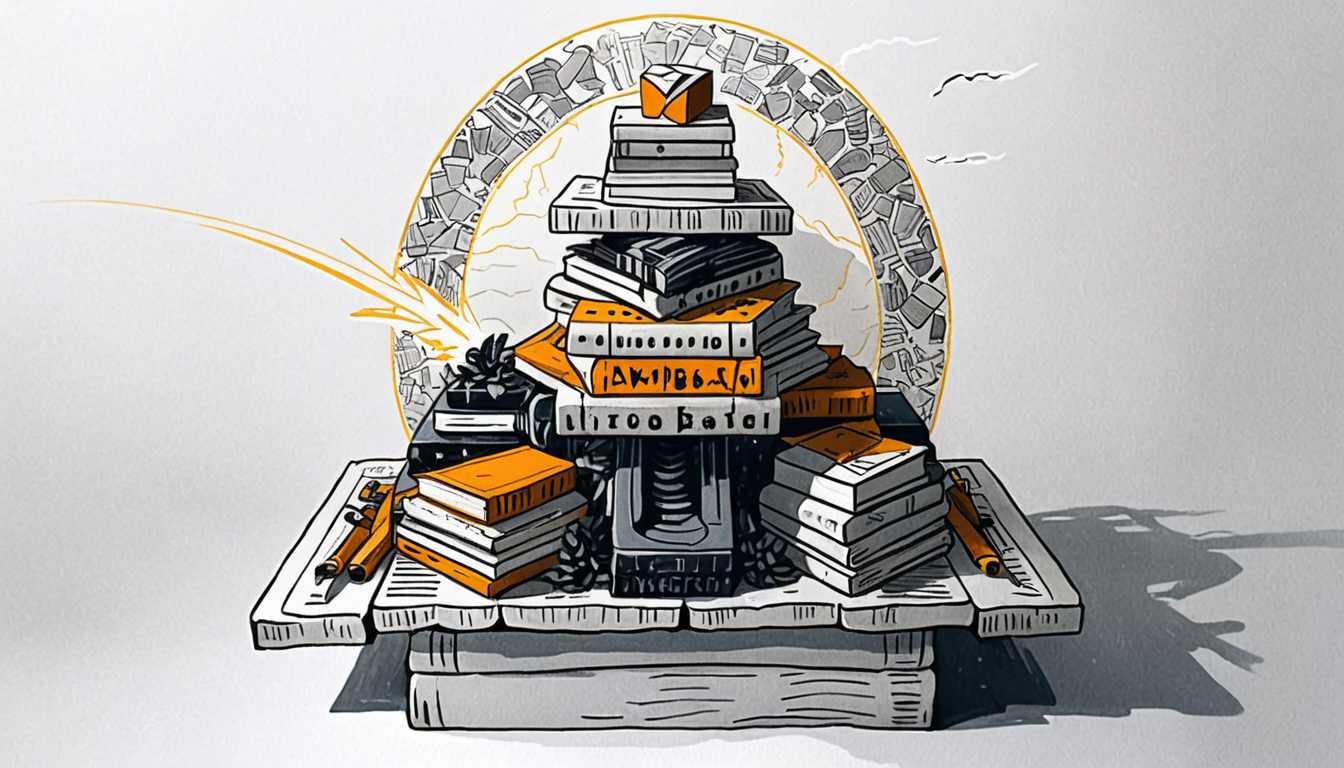Brains as Legal Eagles: A New Frontier
February 2023
UC Berkeley
Introduction
Ever wondered if your brain could be a courtroom witness? UC Berkeley researchers are making it possible! In a groundbreaking study, scientists propose using brain scans to resolve trademark disputes like the Colgate vs. Colddate case. By employing fMRI and a technique called repetition suppression, they aim to objectively measure how similar two brands appear to our brains, potentially outsmarting the subjective opinions that currently dominate legal battles. Dive into this fascinating blend of neuroscience and law, and discover how our brains might just become the ultimate judges in copyright wars.
READ FULL ARTICLEWhy It Matters
Discover how this topic shapes your world and future
Brainpower Behind the Bench
Imagine you're in a courtroom, but instead of a jury, there's a machine scanning someone's brain to make decisions. Sounds like science fiction, right? Well, it's closer to reality than you might think. Researchers are exploring how brain scans can solve disputes over trademarks—those logos and brand names companies use to stand out. This matters because it's not just about picking between Colgate and a look-alike brand; it's about fairness, innovation, and how we understand similarity. It's fascinating because it blends law, business, and neuroscience, showing us new ways to tackle age-old problems. For you, it's a glimpse into a future where your brain's opinion could be a key witness in court. How cool is that?
Speak like a Scholar
Trademark
A symbol, word, or words legally registered or established by use as representing a company or product.
Functional magnetic resonance imaging (fMRI)
A type of brain scan that measures and maps brain activity by detecting changes associated with blood flow.
Repetition suppression (RS)
A phenomenon where there's less brain activity when a person is shown the same image or object multiple times, suggesting familiarity.
Adversarial legal system
A legal system where two opposing parties present their arguments to an impartial judge or jury.
Neuroimaging
The use of various techniques to either directly or indirectly image the structure, function, or pharmacology of the nervous system.
Double-blind study
A study in which neither the participants nor the experimenters know who is receiving a particular treatment, which helps to eliminate bias.
Independent Research Ideas
Comparing brain responses to original vs. counterfeit products
Investigate how our brains react differently to genuine products compared to their counterfeit counterparts. This could reveal subconscious cues we pick up on without realizing.
The psychology of brand loyalty
Explore what goes on in our brains that makes us prefer one brand over another. Is it just about the product, or is there more at play?
Neuroethics of using brain scans in court
Delve into the ethical implications of using neuroimaging as evidence in legal cases. Where do we draw the line between science and privacy?
The impact of color in trademark recognition
Study how different colors used in logos affect our brain's recognition and emotional response. Could certain colors make a brand more memorable?
Brain activity as a measure of creativity in copyright law
Investigate if there's a way to objectively measure creativity through brain activity. This could have huge implications for copyright disputes in music, art, and literature.
Related Articles

Lawyering in Virtual Reality
June 2023
MIT Technology Review

NFTs: Art, Law, and Blockchain Chaos
October 2023
London School of Economics (LSE)

Paying for Honesty: Accountants' Salaries Unveiled
March 2023
Phys Org

Swift's Fight for Musical Autonomy
November 2021
University of Pennsylvania

Trademark Tussles: The Amazon Battle
June 2023
MIT Technology Review